Choose Excellence For Your Child At Palm Beach Christian Academy
Our time-tested classical curriculum weaves Biblical truth into every lesson, nurturing confident thinkers, compassionate leaders, and lifelong learners.
Join our Christ-centered community and give your child the academic rigor and spiritual foundation they deserve.
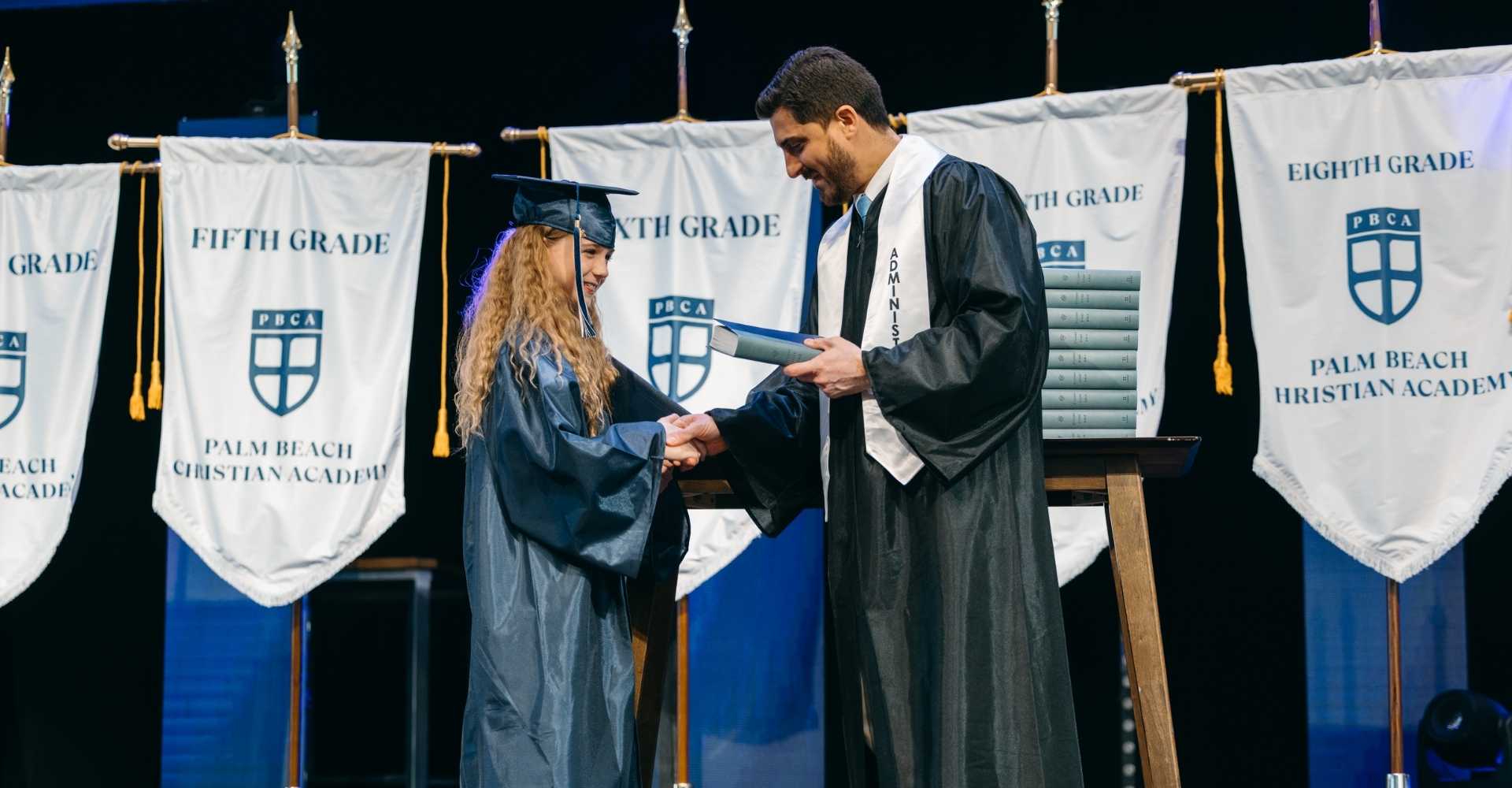
Explore Our Different Locations
Our five vibrant campuses make it easy to choose excellence close to home!
Looking For More Than Just A School For Your Child?
Discover a place where your child becomes part of a thriving, Christ-centered community, one that pairs rigorous classical learning with spiritual formation and genuine belonging.
At PBCA, we guide students from infancy through 8th grade with intentional language development, small class sizes, and intentional programs.
Here, education extends beyond academics to shape character, curiosity, and conviction.
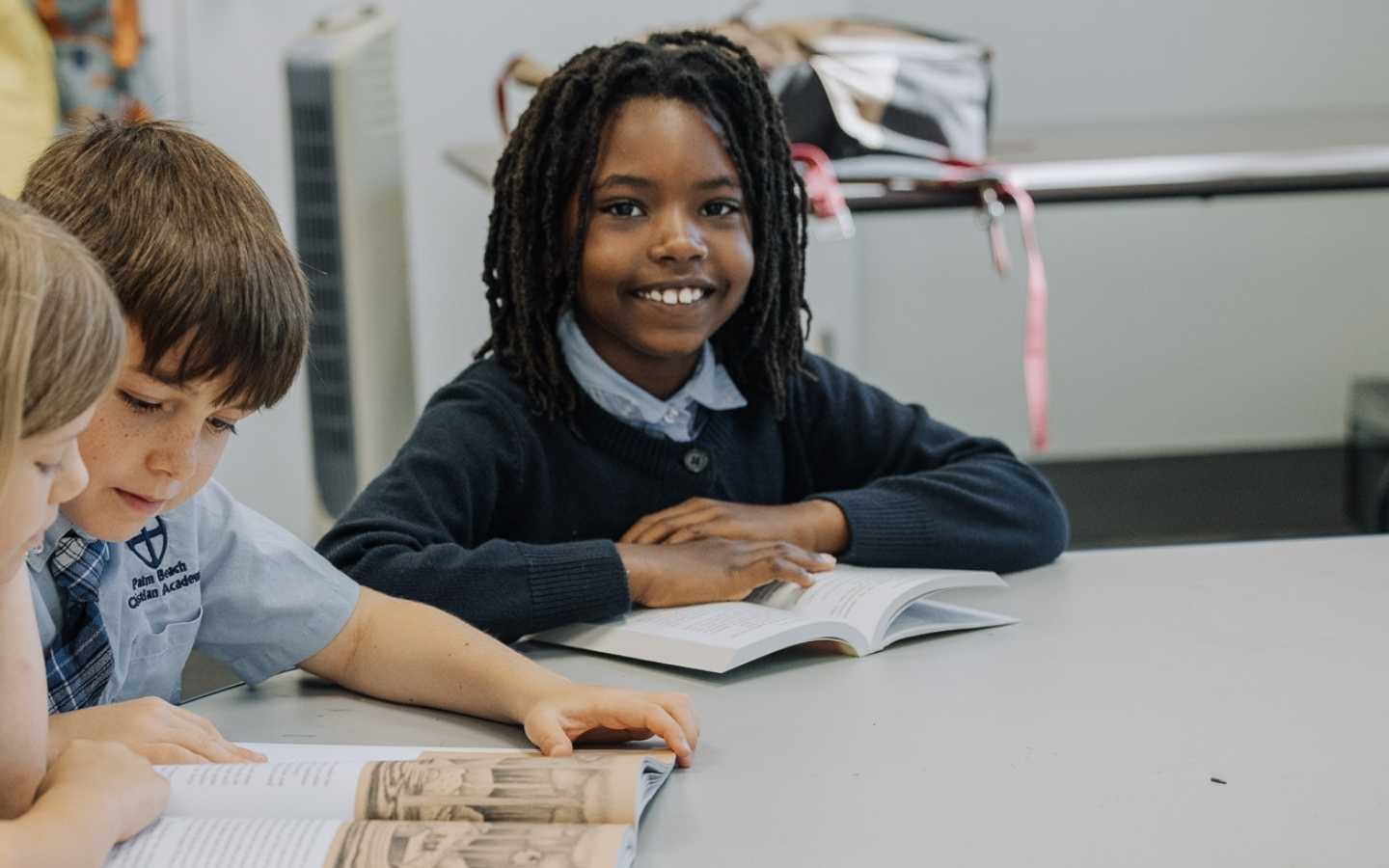
Distinctively Christian
Every lesson and relationship is rooted in Scripture, placing Christ at the center of our values, character formation, and pursuit of truth.
Distinctively Classical
Our time-honored Trivium model trains students to think clearly, reason wisely, and speak persuasively through great books and Socratic dialogue.
Distinctively Community
Parents, teachers, staff, and students partner in a supportive, mission-driven culture where everyone is known, valued, and encouraged to flourish.
Experience The Difference Of Classical Education
Classical education goes beyond memorizing facts, it trains your child to listen, narrate, and reason with clarity from day one.
At PBCA, every lesson, from early language exercises to formal debates, builds the communication skills and critical thinking that set lifelong leaders apart.
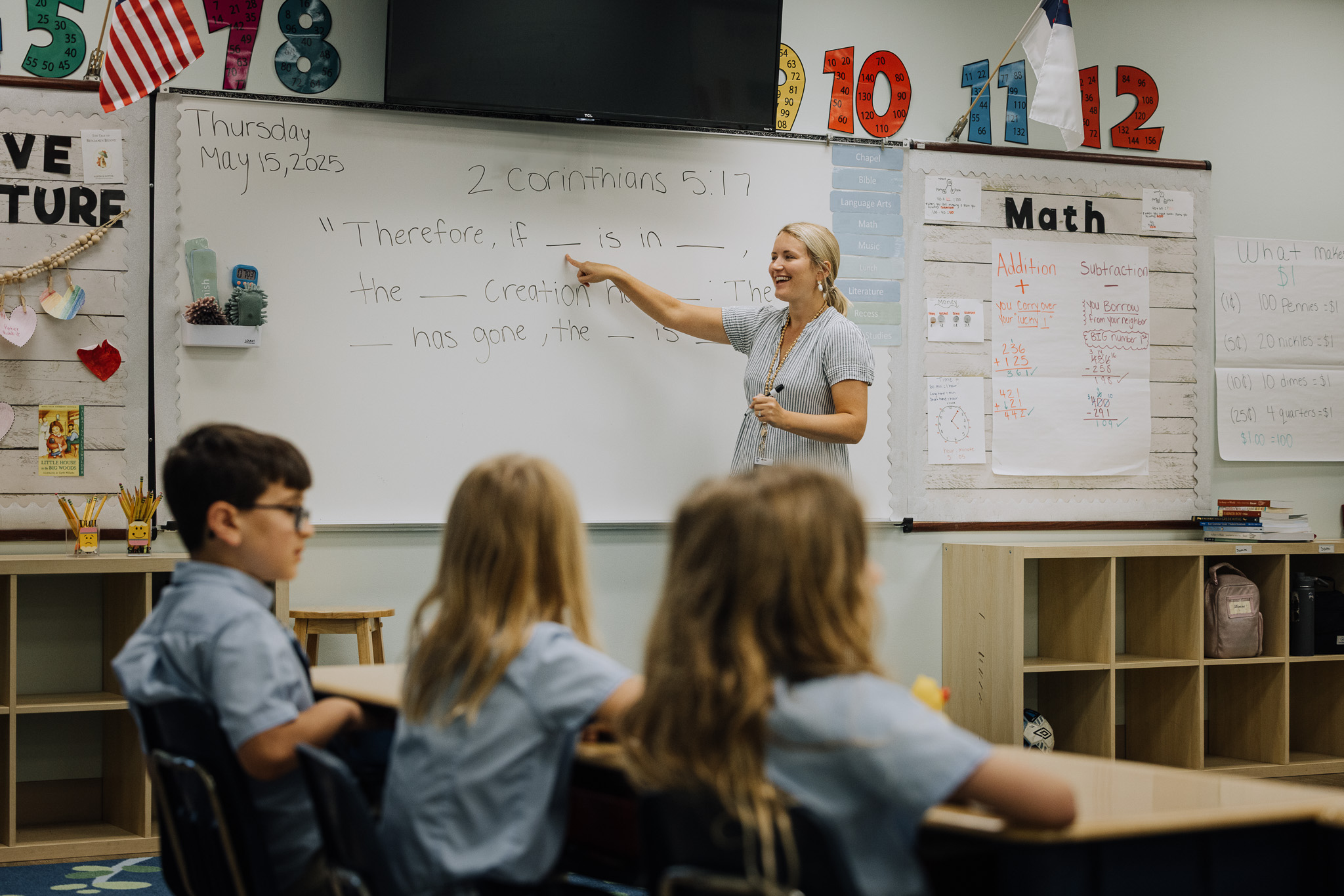
Explore Our Programs
Browse everything PBCA has to offer, and click the “Learn More” buttons to dive deeper into each program.
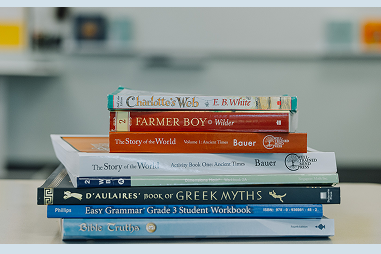
Academics
Designed for infants 6 weeks–12 months, our Christ‑centered program has small class sizes, indoor playrooms, and outdoor facilities to nurture every stage of your baby’s growth. With personalized schedules, real‑time parent updates, and intentional language and social activities, we create a safe, loving environment where your little one can thrive.
Learn MoreDesigned for 12–24 month‑olds, our Christ‑centered toddler program blends small classes, an inviting indoor playroom, and outdoor playground adventures. With real‑time parent updates, a structured daily routine, focused social‑emotional learning, and gentle support for budding independence, your little one will flourish in body, mind, and spirit.
Learn MoreOur Two’s program invites 24–36 month‑olds into a Christ‑centered community with small classes, music and chapel, and a rich blend of circle time, arts & crafts, outdoor exploration, and storytime. We partner with you every step of the way to nurture your child’s physical, emotional, and spiritual growth.
Learn MoreOur Three’s program welcomes 36–48 month‑olds into a Christ‑centered community with weekly music and chapel, thematic hands‑on studies, and play‑based learning. In small classes, toddlers build social‑emotional skills, master self‑help tasks, and explore big ideas through sensory activities, laying the groundwork for confident, curious learners.
Learn MoreOur VPK program for 4–5 year‑olds blends Christ‑centered teaching with high‑quality interactions, weekly music and chapel, and thematic, hands‑on lessons. We foster language and literacy growth, holistic development, and a biblical worldview, setting the stage for academic success and spiritual flourishing.
Learn MoreGrammar School ignites a love of learning through song, story, and play, where children delight in the patterns of language and number, form virtuous habits in community, and discover truth, beauty, and wisdom in every lesson.
Learn MoreThe Logic School trains students to think clearly and argue persuasively through concise formal‑logic lessons and Socratic dialogue, transforming curiosity into discernment and preparing them to express truth with beauty and conviction.
Learn More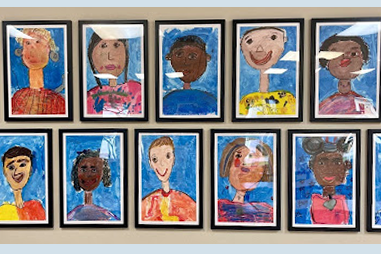
Arts
The aim of our music program is to foster a love, understanding, and appreciation of music as a means of shaping the character, intellect, and spirit of our students and not just training to become musicians.Through artist studies, students become familiar with the works of great composers and others artists in order to train their ear for attention before exposing them to instruments for creativity and performance.
Learn MoreThe aim of our art program is to awaken and cultivate an appreciation for beauty through the study of God’s creation and through the study of great artists. We desire our students not to just master artistic techniques as they paint, draw, sculpt, and design but become the kind of person who can see, feel, and love what is beautiful and true. Students participate in two art festivals a year.
Learn MoreThe aim of our Spanish class is to allow our students to explore the richness of the Spanish language and culture. Students will develop skills in listening, speaking, reading, and writing. The study of languages is a key component in the Classical tradition and a way for our students to better understand others and reflect Christ’s love across cultures.
Learn MoreThe aim of our Music Conservatory is to help students discover the beauty of music as a gift from God. We train our students in voice, instruments, and music theory instruction in order to glorify God through their talents. Students participate in two recitals a year.
Learn More

Student Life
Our House System divides students into four family-style teams to foster cross-grade mentorship, friendly competition, and a deep sense of belonging. By rallying around shared goals, participating in house challenges, and serving together, students build leadership skills, camaraderie, and school pride that extend far beyond the classroom.
Learn MoreAt PBCA, chapel isn’t just a gathering; it’s the heartbeat of our spiritual formation. Each week, students join in worship, Scripture readings, and prayer, learning to dedicate their minds, hearts, and talents to the Lord.
Learn MoreOur goal through athletics is to develop character, discipline, resilience, and teamwork in each of our student athletes. It’s not just about winning games but about shaping the whole person teaching our students lessons that extend beyond the playing field and are applicable to every facet of life.
Learn MoreWe believe athletics are not just about winning games but about shaping the whole person, teaching our students lessons that extend beyond the playing field and are applicable to every facet of life.
Learn MoreStudents will mainly focus on skill building in these sports while participating in intersquad competitions and some friendly matches with other 5th-8th grade school teams.
Learn MoreOur Sports Enrichment program for grades K–4th introduces students to a variety of team and individual sports in a supportive, high-energy environment. Through skill-building games, teamwork activities, and friendly competition, kids develop coordination, confidence, and a lifelong love of physical activity.
Learn More
Preparing Your Student For Life Beyond The Classroom
Traditional schools often focus on passing tests and quizzes, at PBCA, our classical approach goes deeper, training your child to think critically, communicate clearly, and apply knowledge with confidence. We not only help them excel on assessments but equip them to solve real-world problems, lead with integrity, and thrive long after graduation.

Explore Our Academic Programs
Learn more about our unique approach to education.
Ready To Choose Excellence For Your Child?
Classical education goes beyond memorizing facts, it trains your child to listen, narrate, and reason with clarity from day one.
At PBCA, every lesson, from early language exercises to formal debates, builds the communication skills and critical thinking that set lifelong leaders apart.
Inquire
Start the conversation, ask your questions, share your priorities, and learn how PBCA’s classical, Christ-centered approach aligns with your family’s goals.
Visit
Experience our community in action! Tour your chosen campus, meet faculty and students, and see firsthand how our classical approach works in the classroom.
Apply
Secure your child’s spot! Complete a simple online form and join the PBCA family, where excellence in academics, faith, and character awaits.
Your Partners In A Superior Education
Experience the PBCA Difference
Schedule a visit today and see how our classical, Christ-centered approach can transform your child’s education and future.


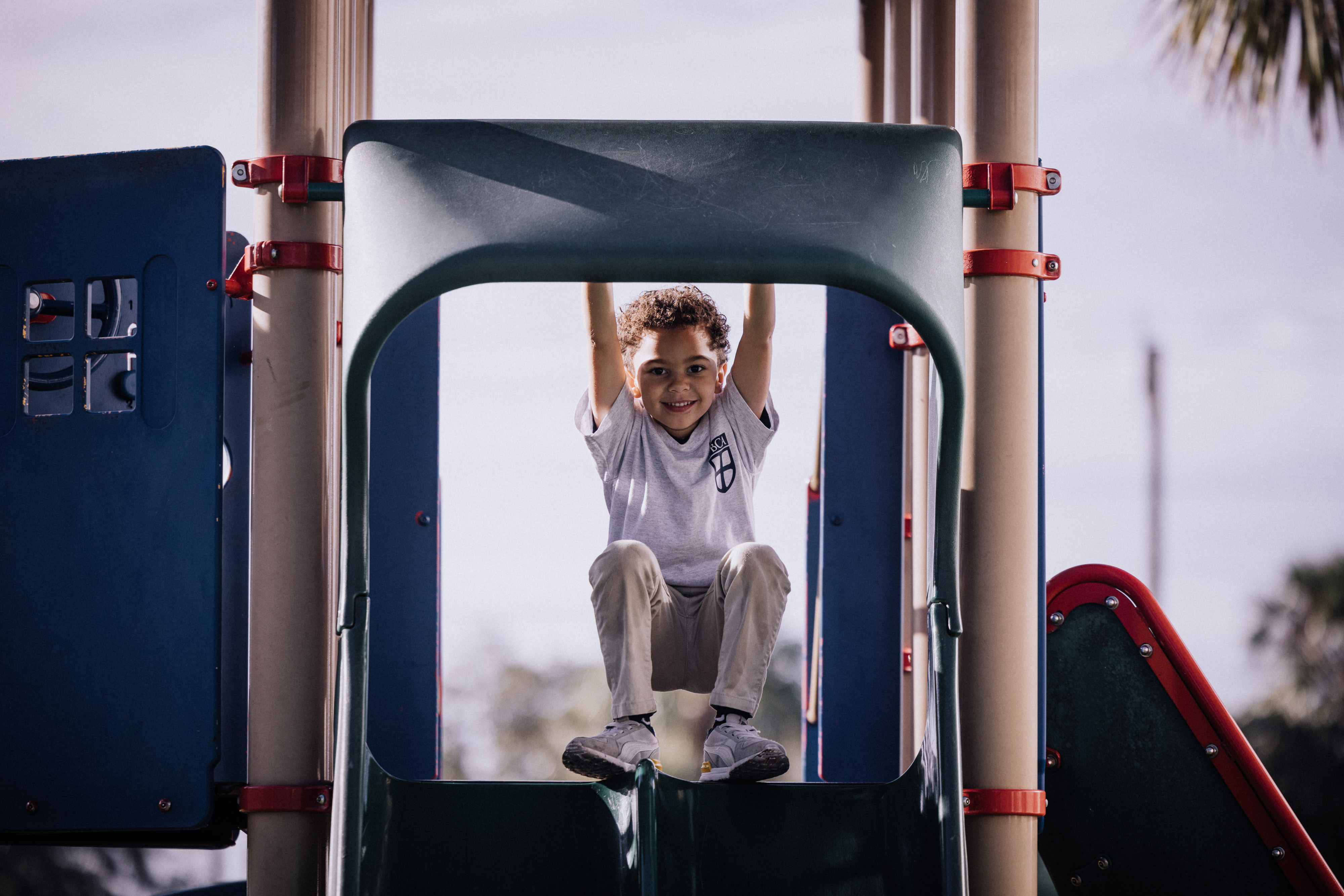
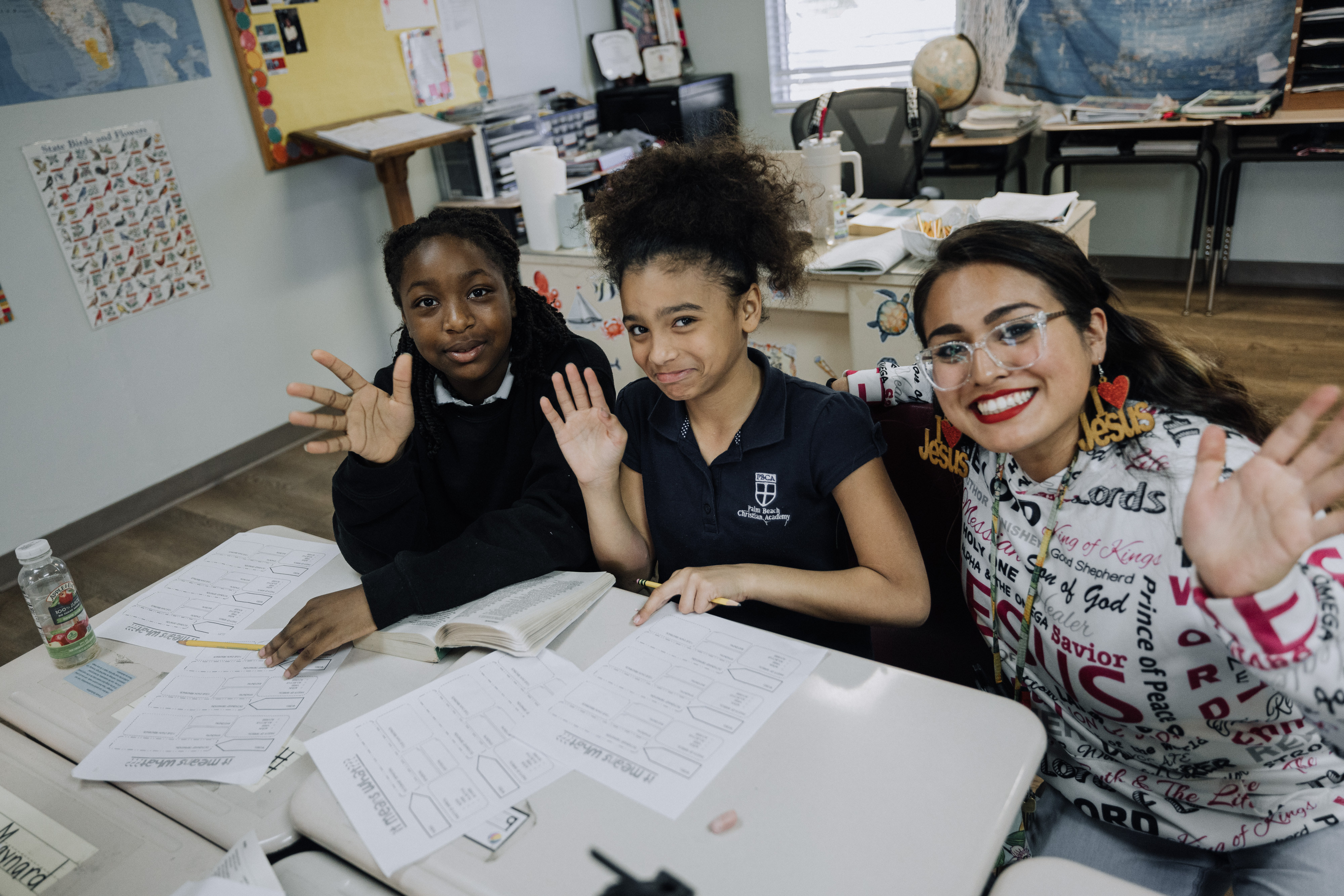
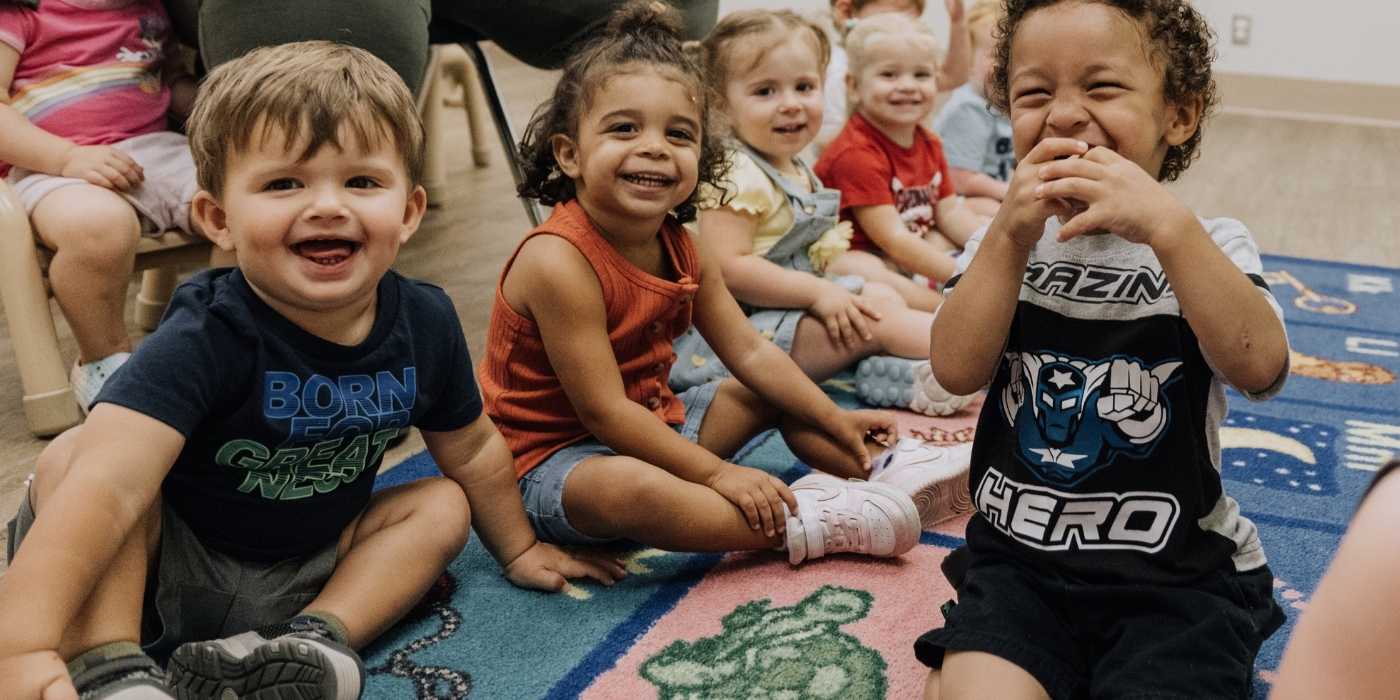

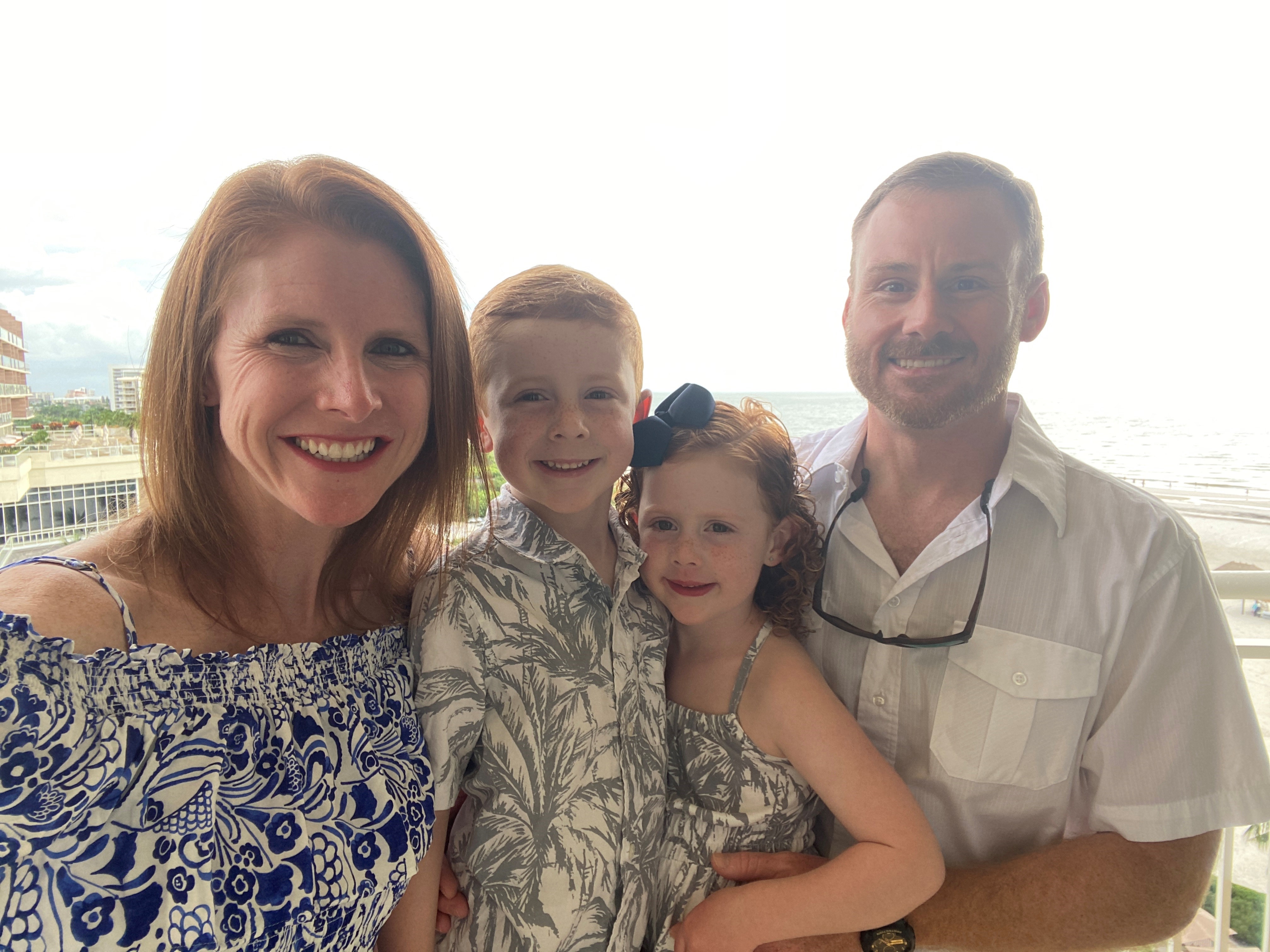



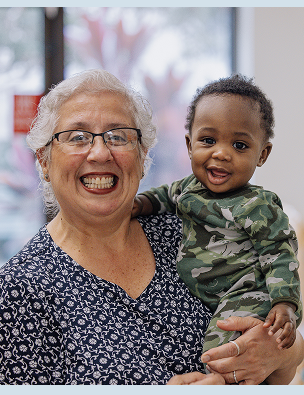

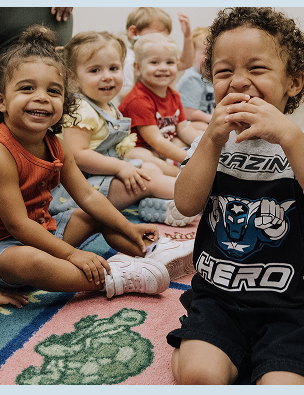
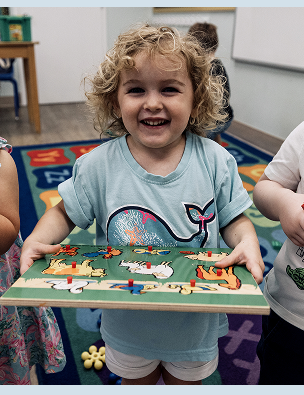

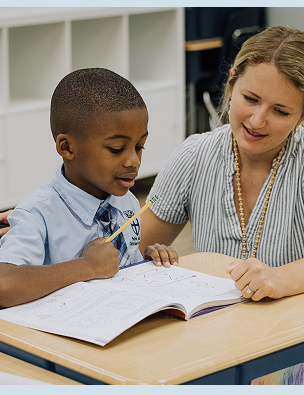

.jpg)


.jpg)
.jpg)
.jpg)
.jpg)
.jpg)
.jpg)
.jpg)
.jpg)


.jpg)
.jpg)

